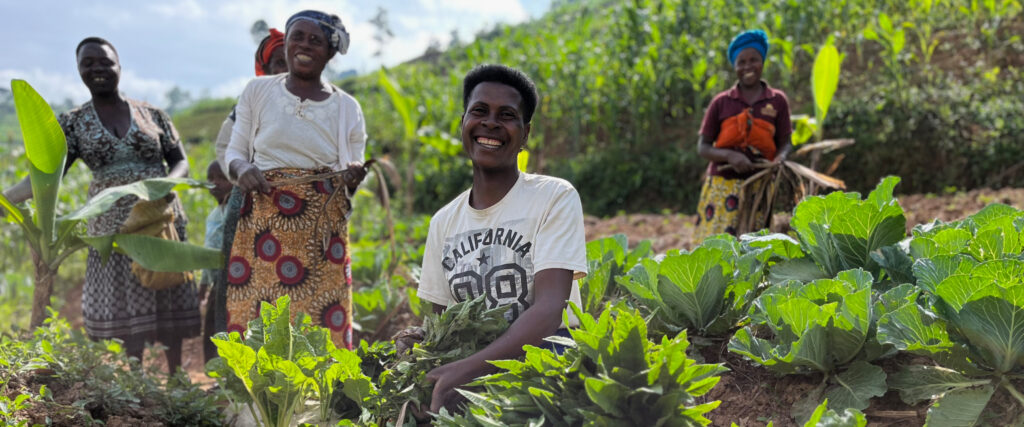

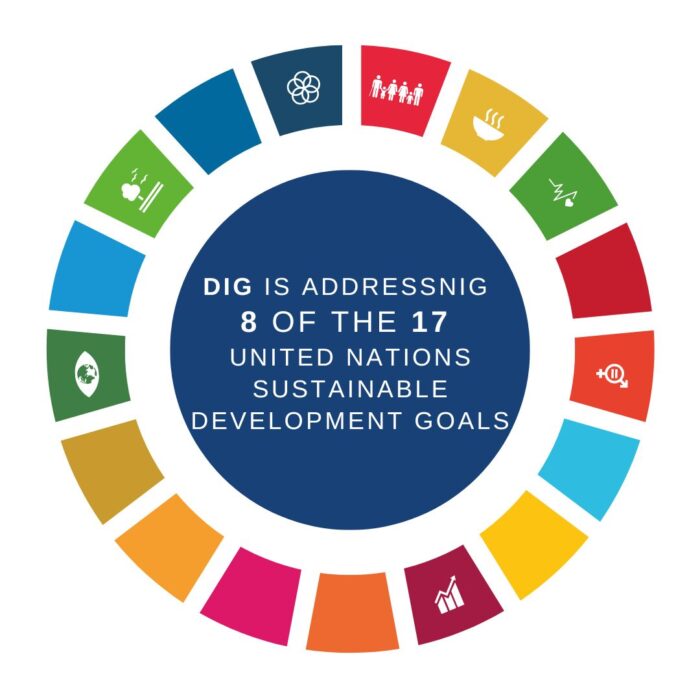
DIG’s commitment to participatory development is rooted in the principles and practices of regenerative agriculture, allowing us to achieve deep and wide-reaching results that scale organically into the community.
Our adaptive approach puts DIG at the core of the world agenda set by the United Nations for alleviating poverty, protecting the planet, and ensuring peace and prosperity in the world.
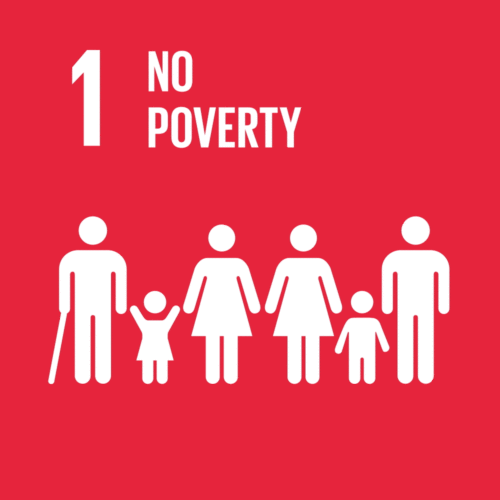
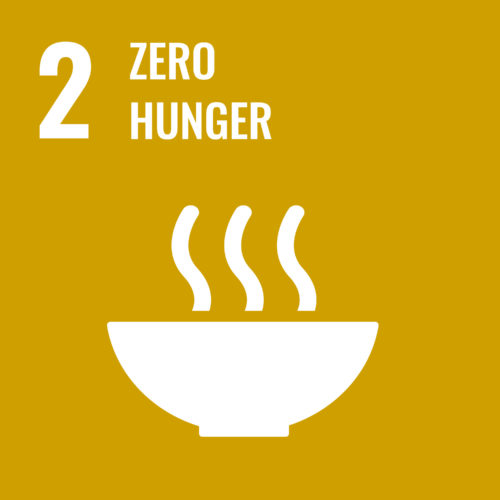
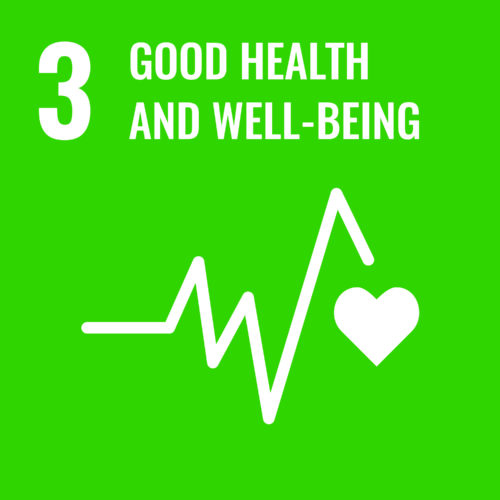
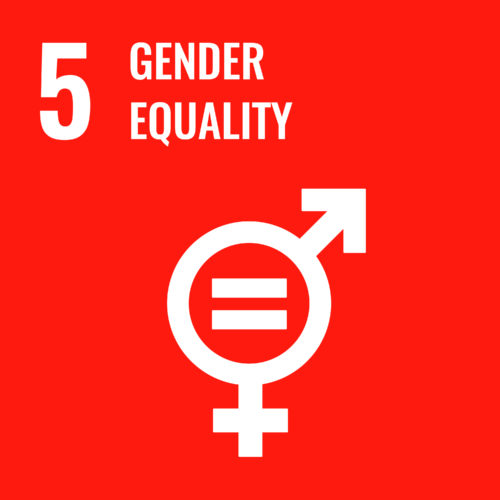

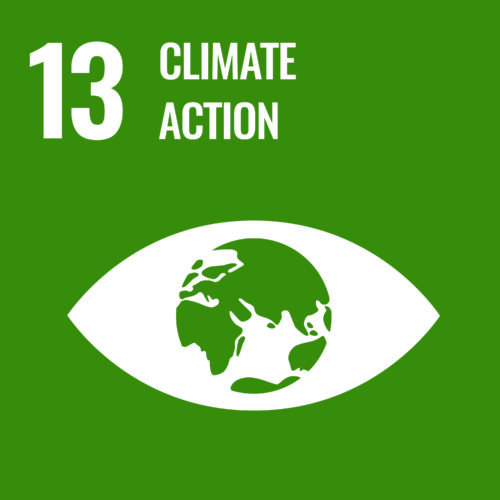
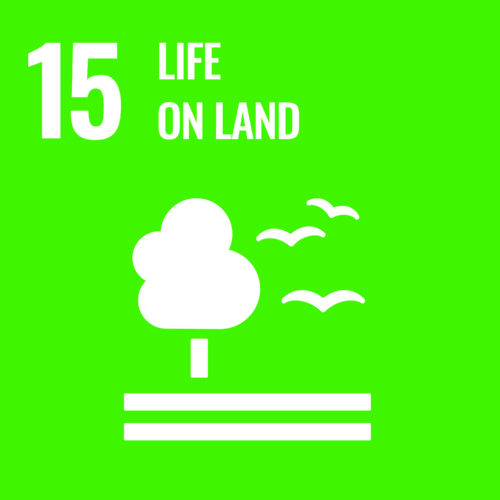
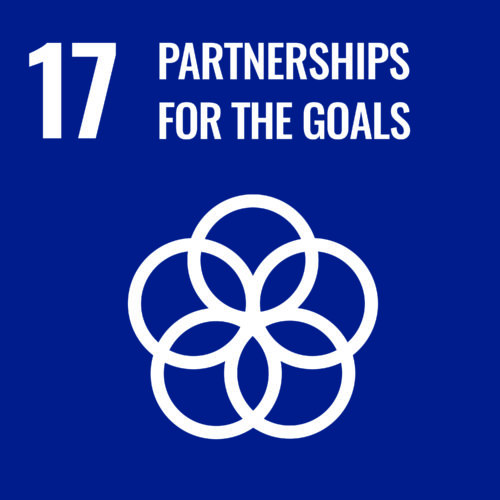
DIG’s adaptive program prioritizes uniquely marginalized groups who are often left out of other development opportunities, groups like: